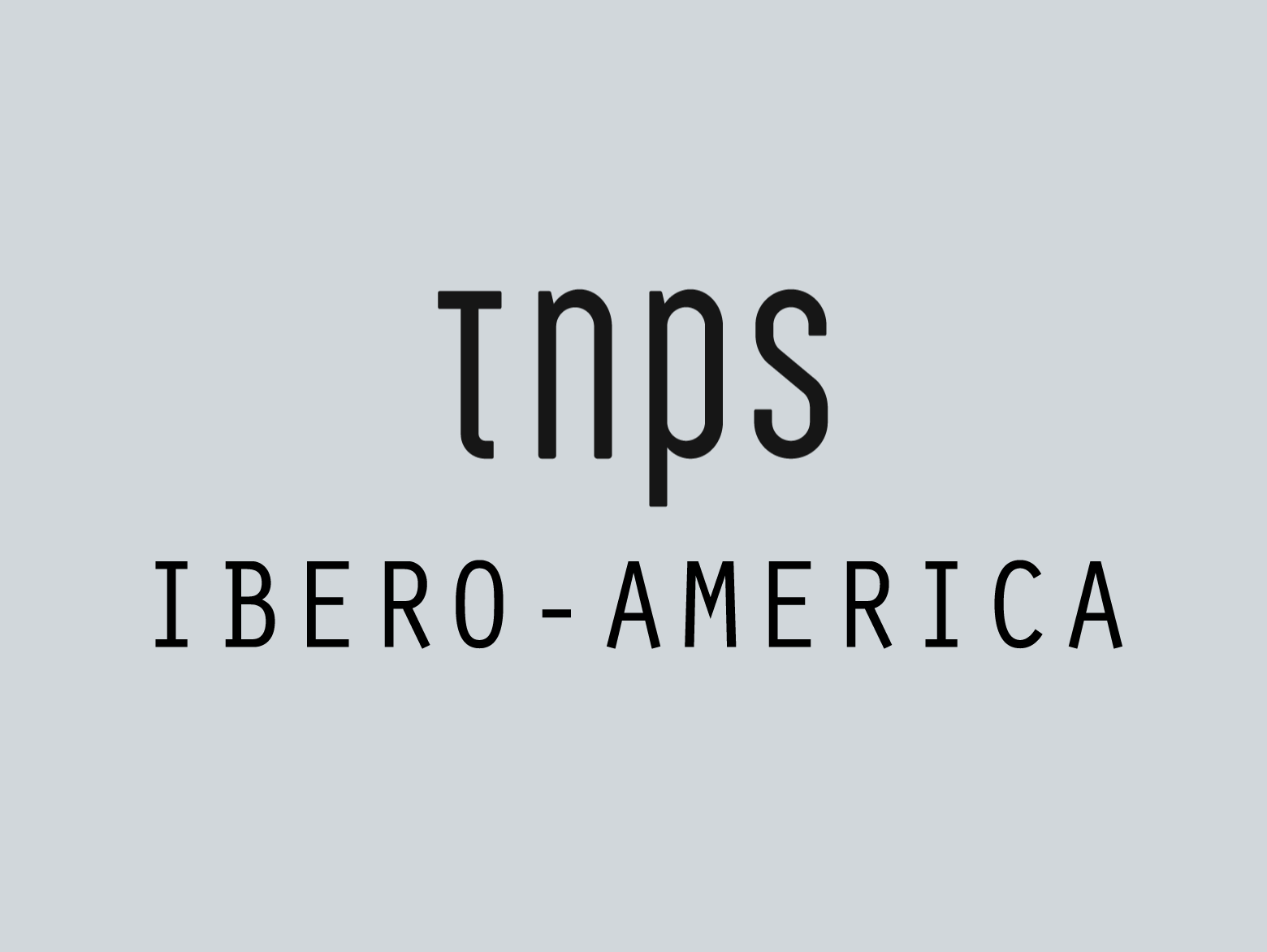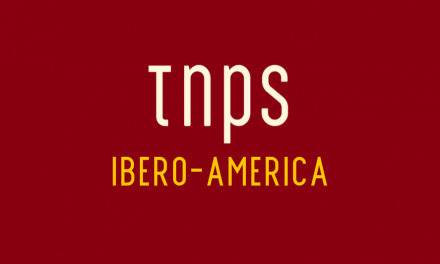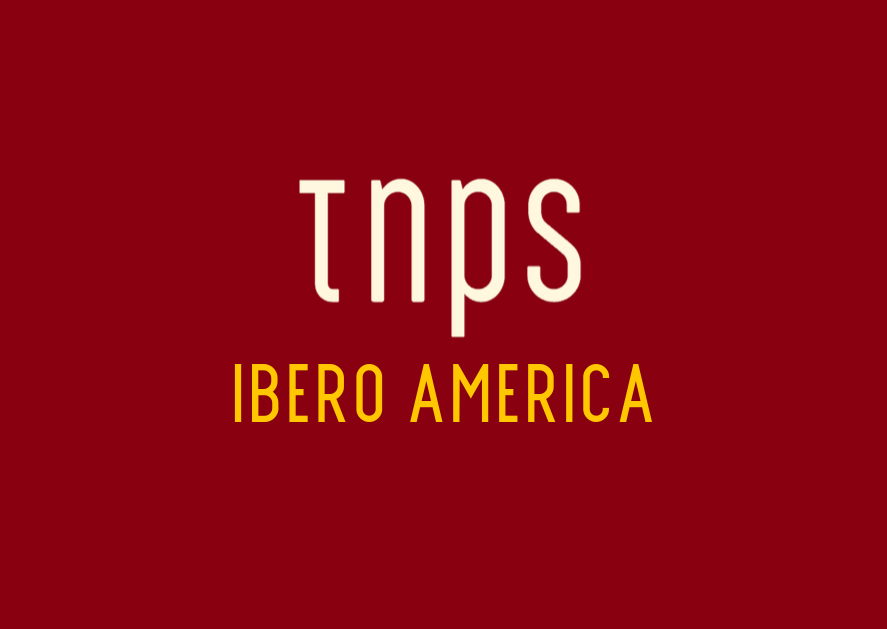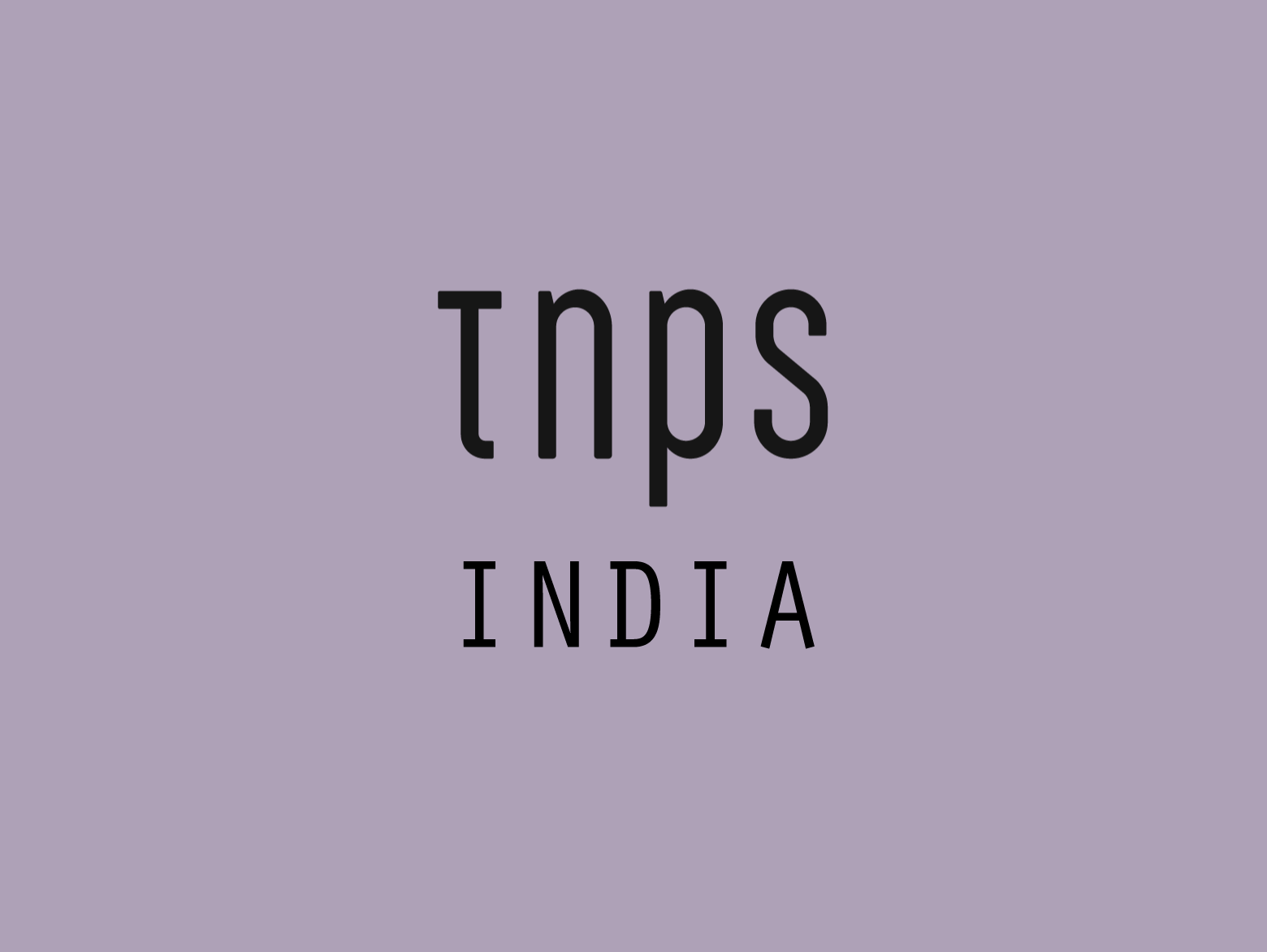Justice League, the latest superhero film from Warner Bros and DC Comics, has not been the spectacular success it was hoped. At least. not in the USA. But globally it has outperformed expectations.
And that’s just at the box office. Plenty more revenue streams to roll in from DVD sales of course and, this being 2017, video streaming will allow DC’s Justice League to be seen by countless millions more.
Which in turn will bring awareness of DC comics and graphic novels to millions more, expanding DC’s potential readership immeasurably.
Although video streaming is not new, it is still a novelty for much of the world, with Netflix and Amazon Video only going truly global in the past year or so.
Justice league opened in Brazil to record box-office numbers, and we can safely assume the sale of comics and graphic novels in Brazil will be the better for it.
But what about books? After all, Brazil is in Latin America and we all know Latinos don’t read.
Except that, as explored here in relation to Uruguay and Argentina, the facts tell another story.
Uruguay’s Night of the Bookstores. Who says Latinos don’t read?
But let’s stick with Brazil here.
Despite the economic downturn, Nielsen Bookscan Brazil is reporting both unit sales and revenue for publishers to be surging upwards, with unit sales up 3.74% and revenue up 6.68% on the same period last year.
Ismael Borges, manager of Bookscan Brazil, reported,
The performance of the last period keeps expectations of growth comfortably higher than inflation for the year 2017.
These are some of the data from the 10th Panel of Book Sales in Brazil in 2017 presented by the National Book Publishers Union (SNEL) and Nielsen. The numbers are based on the result of Nielsen BookScan Brazil, which calculates the sales of the main bookstores and supermarkets in the country.
Which means, as with US and UK numbers, the final numbers will be even higher, as sales from independent bookstores, smaller online sellers and most ebooks will not be included.
Brazil ebook stats are notoriously hard to come by, but the consensus is Amazon is, just, the larger player, with about 30% of the market, while Apple, Kobo and Google Play are all in contention, along with the local players like Saraivo and Nuvem de Livros, and Argentina’s BajaLibros.
While Saraivo has been selling ebooks in Brazil since 2010, next week will mark five years since Amazon, Google and Kobo launched in Brazil, all on the same day (December 5th if you want to party).
Apple arrived in Brazil a couple of months earlier, in what at the time looked like an unstoppable global roll-out of the iBooks store. Sadly that was not to be and the Apple international expansion ground to a halt soon after.
Brazil, however, remains an exciting prospect, and definitely one to be watching closely.





